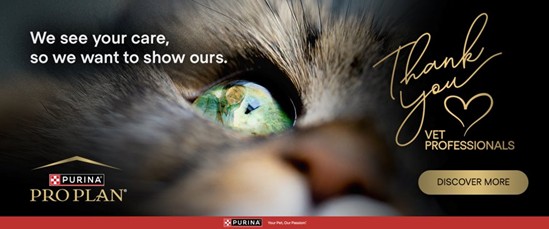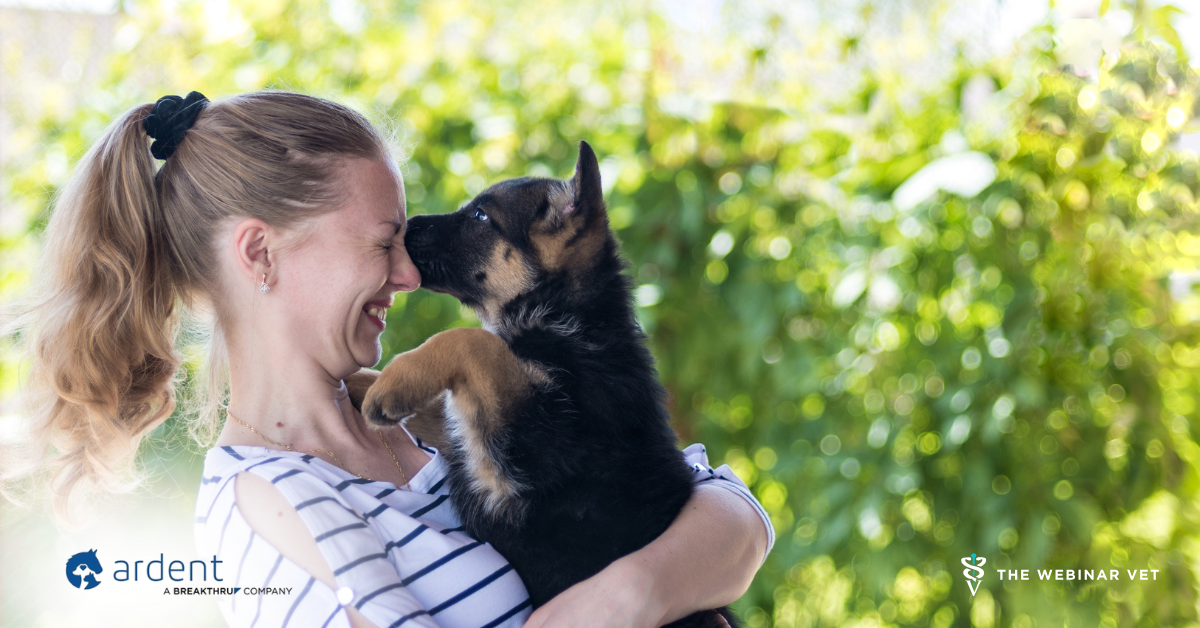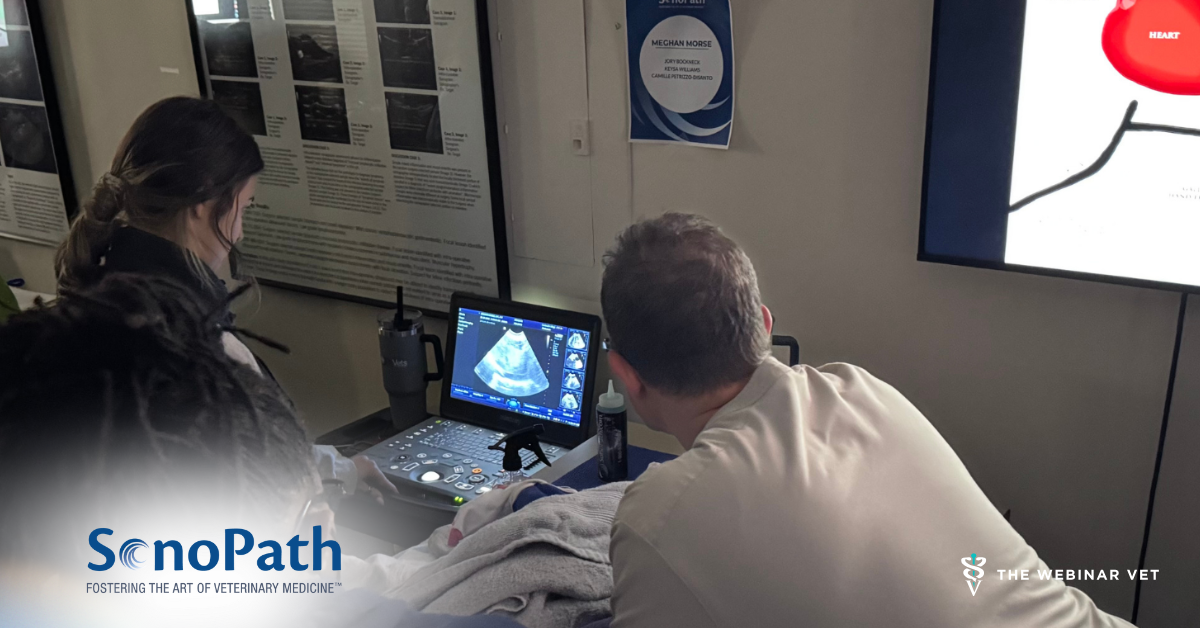Supporting the Wellbeing of Europe’s Veterinary Healthcare Professionals
Every day across Europe, veterinary healthcare professionals play an indispensable role in protecting the health of animals, the people who love them, and the communities we share. Yet behind the compassion, expertise, and resilience that define this profession, a growing crisis too often remains unspoken. The wellbeing of veterinarians and veterinary teams is under unprecedented strain—a reality that urgently needs recognition and collective action.



-1770301279.png)
.png)
-in-veterinary-dentistry_-a-simple-add-on-that-can-support-better-healing-(2).png)
.png)
.png)
.png)

.png)
.png)
.png)